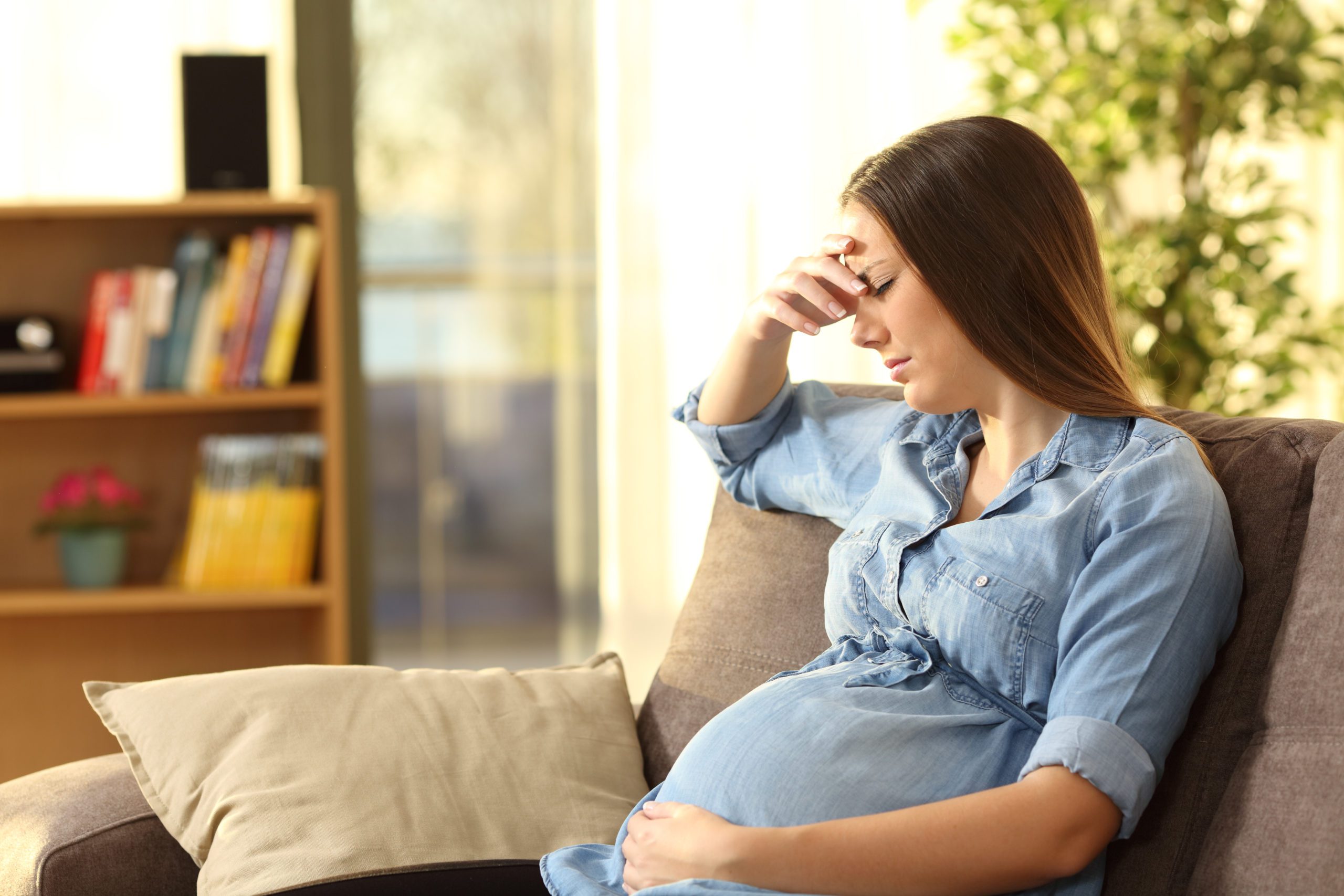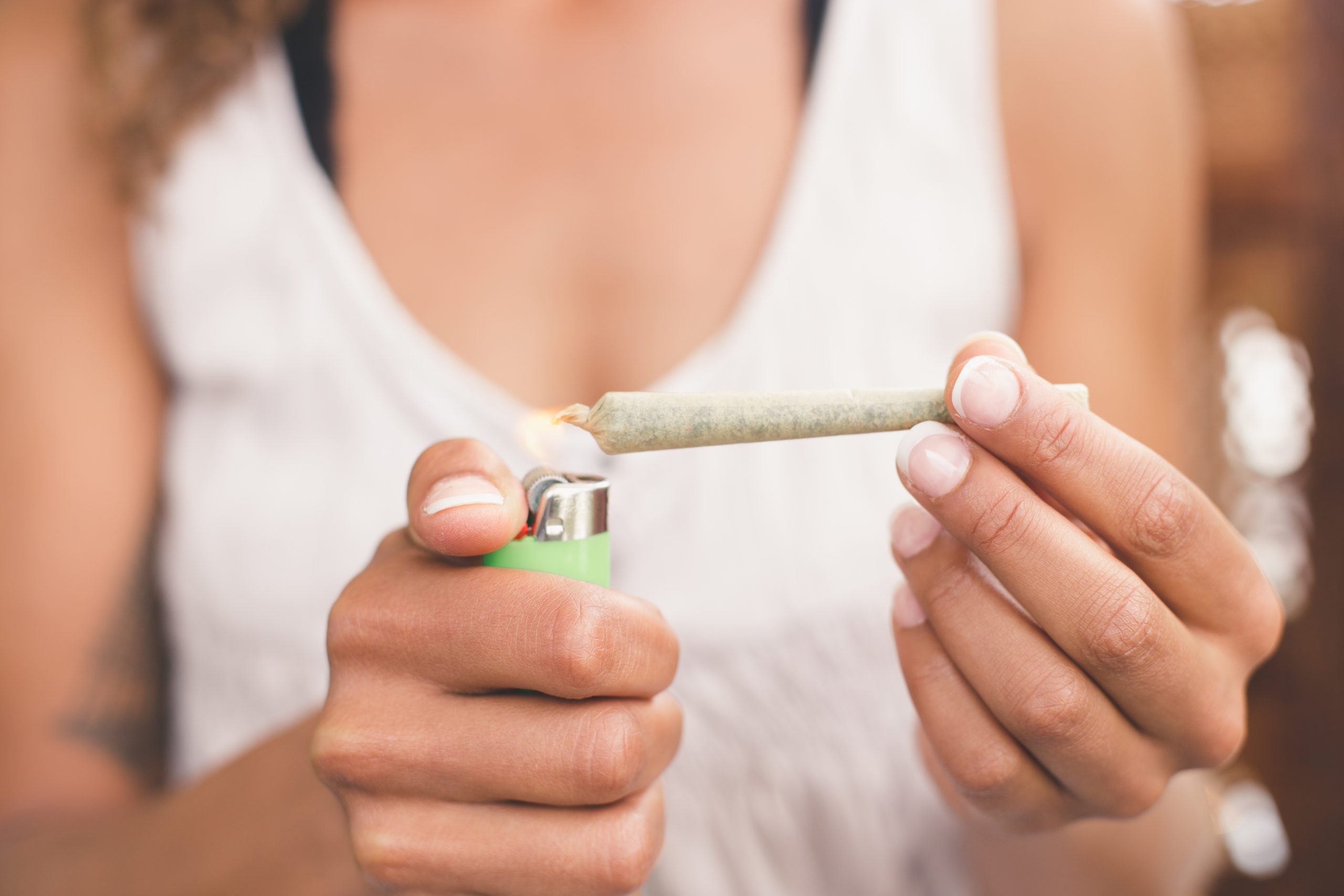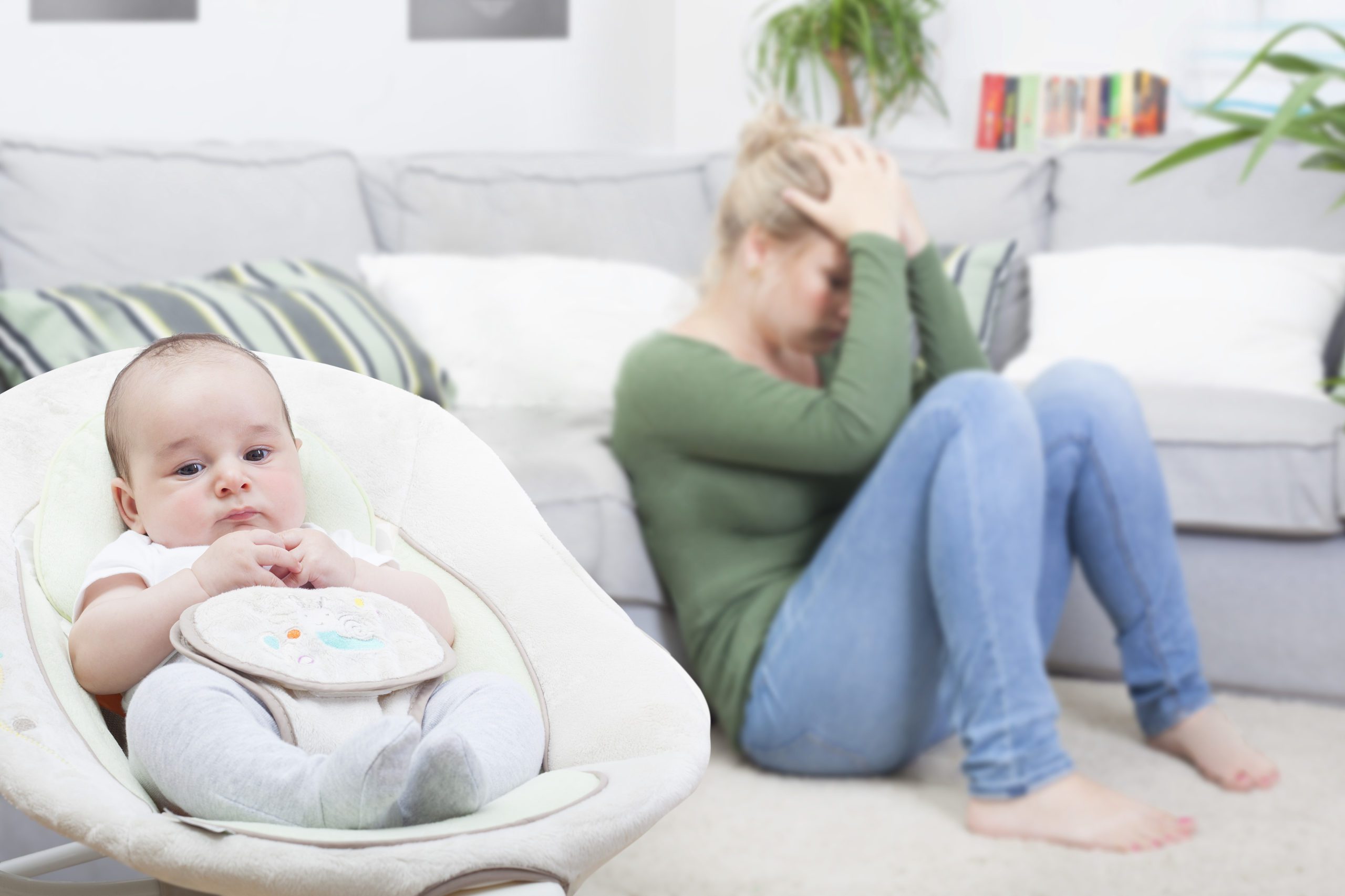For the record, we completely understand what a difficult topic “pregnancy and addiction” can be. On the one hand, it seems unfathomable that an expectant mother would put her unborn baby at risk by using. But it is also important to comprehend just how powerful some of these dependencies can be (particularly when you consider America’s opioid crisis) and the sincere struggles these moms are facing. Whatever side you’re on, it is worth noting that a new law may be put it in place to punish women in these types of situations.
Tennessee Representatives Lynn Weaver and Janice Bowling recently introduced House Bill 1168, which tacks on an assault charge to any woman who uses an illegal narcotic while pregnant. Particularly harsh sentences could be incurred if the child is born harmed or drug dependent. In fact, the term “addicted babies” appears frequently throughout the bill.
Not surprisingly, the opioid epidemic was brought up frequently by Weaver and Bowling. Both women point to the fact that drug dependent infants are on the rise. The hope would be that this law could work as a deterrent, encouraging these women to get into treatment before any type of pregnancy occurs. To its credit, the law also states that if an addicted expectant mother enters and completes a treatment program, her charges may be lessened.
“This bill’s intent is to protect babies, period,”Rep. Weaver said in a statement. “The number of babies born addicted to drugs, it has not decreased. It has exponentially increased.”
On the other side of the argument, there are people who have spoken out against the law. Erika Lathon, who works as a public relations rep at a high profile recovery firm, believes it could actually do more harm than good. For one, she claims the bill’s funding would be better spent on public treatment programs. She also emphasized that jailed moms could lead to additional problems for the newborns, such as foster care. The fear factor among this group was also brought up.
“A pregnant woman who is battling an addiction is already facing a tremendous amount of stigma and has a number of problems to deal with,” Lathon told the press. “Then you add on top of that the possibility of her being prosecuted and thrown into jail, we believe that is going to push them further away, make the woman less likely to say, ‘Yes I have a problem, yes I’m addicted, yes I need help.’”
Obviously, we are talking about a tremendously difficult topic. But the truth of the matter is, pregnant addicted mothers is not as uncommon as people might think. If you or someone you are close to is caught up in this type of situation, please reach out for help immediately.





